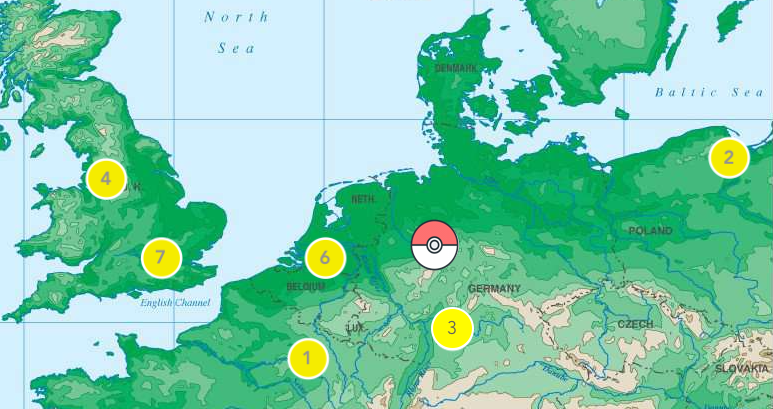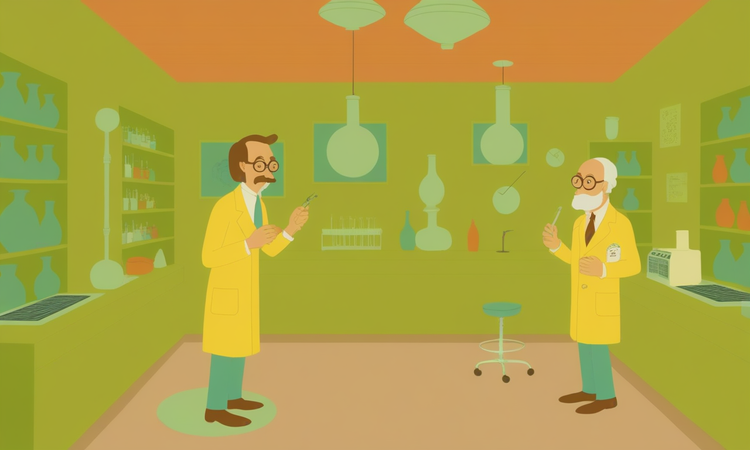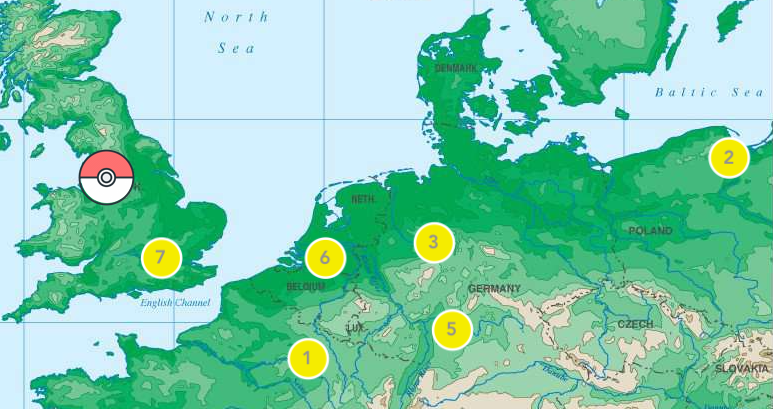Reflections of a Charmed Idiot, part 1

Programming note: if you know me well, you know that I am basically a charmed idiot1 who does weird things and for the most part those things turn out anywhere from OK to great. Sometimes they go very badly, but mostly not. So, this section is where I am going to respond to questions that people send in. But I want you to remember that I am responding to these questions as a charmed idiot. Also probably worth remembering that I am a fairly privileged charmed idiot. This is not advice; this is just how things have happened for me.
The question:
Please take us through the journey of how you made the shift from employment to full time running your business. What were the risks and how did you create a buffer for a soft landing. The fear most times is losing a steady income and facing the initial difficult face of building. How did you maintain your footing in view of all other responsibilities you have?
The answer:
As a charmed idiot, sometimes one does things backwards. For most people, first you find a job, then you relocate for the job. First you decide you want to become self employed, then you make a transition plan. These things make sense but - alas - are not how charmed idiots operate.
In my case, my wife & I first determined that we could probably figure out how to make a living anywhere in the world, then we figured out where we wanted to live, and then we figured out what we'd need to do in order to legally reside there. The easiest way for an American to get a visa to the Netherlands is this niche visa called the Dutch American Friendship Treaty, and that niche visa requires the applicant to be an entrepreneur. I wanted to live in the Netherlands, therefore I needed to be an entrepreneur.
I determined that the easiest way to do this was to transition my full-time gig into a consulting contract; I would then be an entrepreneur who provided consulting services. Unfortunately, there was a problem: the Dutch authorities could reasonably determine that an entrepreneur with a single client was actually an employee. So that meant I needed more than one client, but I already had all of my time dedicated to that one client. This was seemingly an impasse.
But here's where a little bit of charm and a little bit of idiocy collided into something pretty wonderful: my full-time contract was about to expire, and I was due for a significant raise. This resulted in the most bizarre, most successful contract renegotiation of my career, because I opened with an offer that instead of paying me more money they should just pay me the same amount of money and I should give them less of my time. And they immediately agreed2.
I think there are 2 reasons that this works out great if you're trying to make the transition to self-employment (and earning enough that you are at a threshold of sufficiency):
- When you're full-time, it's easy and often beneficial to get in the mindset that you're doing whatever it takes to get the job done. When you're less than 100%, you've got a fixed percentage of a certain number of hours. You still need to deliver real value, so that means you really focus on doing what is high value in that fixed number of hours and cut out all of the wasteful stuff.
- When you lock in a minimum monthly recurring amount of revenue, you don't have to start out in desperation mode chasing after any client, any project, anything at all that comes your way. You can be intentional about what you go after, you can be specific about what you will and won't do, and you have more leverage in negotiating those contracts that you do want.
That second one was especially important to me. My biggest fear when I made this move was that I would end up spending all of my time on business development, and not doing the creative work itself. Fortunately, that hasn't been the case so far...and this is where I benefitted from a second bit of charmed idiocy: I had over a decade of experience working in a lot of places where it was typical to stick around 2-3 years and then move on. That meant that my network had a lot of reach. As a result, all of the work I've done for the past 2 years has come directly from people in my network who I know well, and who I enjoy working with. I hesitate to type this, because it feels like the kind of hubris that could cause the other shoe to drop - which is my second biggest fear, that all of this is some short-lived fantasy, and a hard reality is waiting just around the corner for me. And it could well be! But it's working so far!

an anecdote from the field about interesting AI education use cases
Over the past couple months, I've run a deceptively simple workshop a couple times. Here's how it works: I have teenagers answer a few questions related to their strengths and interests. There are like 20 different questions, and they can answer as many or as few as they want. They do some basic synthesis and write a prompt in ChatGPT that says some version of "These are some of my strengths and interests. Can you come up with some projects I could work on?"
The response they get won't be right, because there is no way for it to be right. It doesn't need to "be right" though, it just needs to provide an initial catalyst - that initial spark where the person can say, "Maybe not that exactly, but what if I changed this piece up a little bit?" And then it starts to all come together.
I would encourage sprinkling at least one grain of salt on the following data point: when I have run this workshop, about 90% of participants are working on a project that they are excited about within an hour of answering their first strengths & interests question.
What matters to me here is the affordance that the tool creates: it centers the learner and taps into their intrinsic motivation. The question I'm left with is what kind of learning environments we build around that kind of affordance.
a consideration of just what OpenAI is
This is just a random aside, probably obvious to some and possibly very off, but I think OpenAI is building something akin to Amazon Web Services. OpenAI's services will be an infrastructure layer that other applications are built on and depend on. It isn't that we'll need to train 10,000x more neural net engineers; it's that not everyone will need them to build AI-capable services.
Some links?
A few different reads about conceptualizing spaces that represent and elicit the best of what it is to be human:
- Cabel Sasser on the affordances of the courtyard for both individual and communal reflection
- Jack Cheng on the various emergent possibilities that come from starting with envisioning the ideal before defining the constraints.
- Sterry Butcher on the relationship of materials to equitable access.
- Donald Glover is building something new. The whole thing is worth a read, but there's a 90% chance that I linked to this just because of how often I've repeated the Liam Neeson-Jordan Peele anecdote over the past month.





